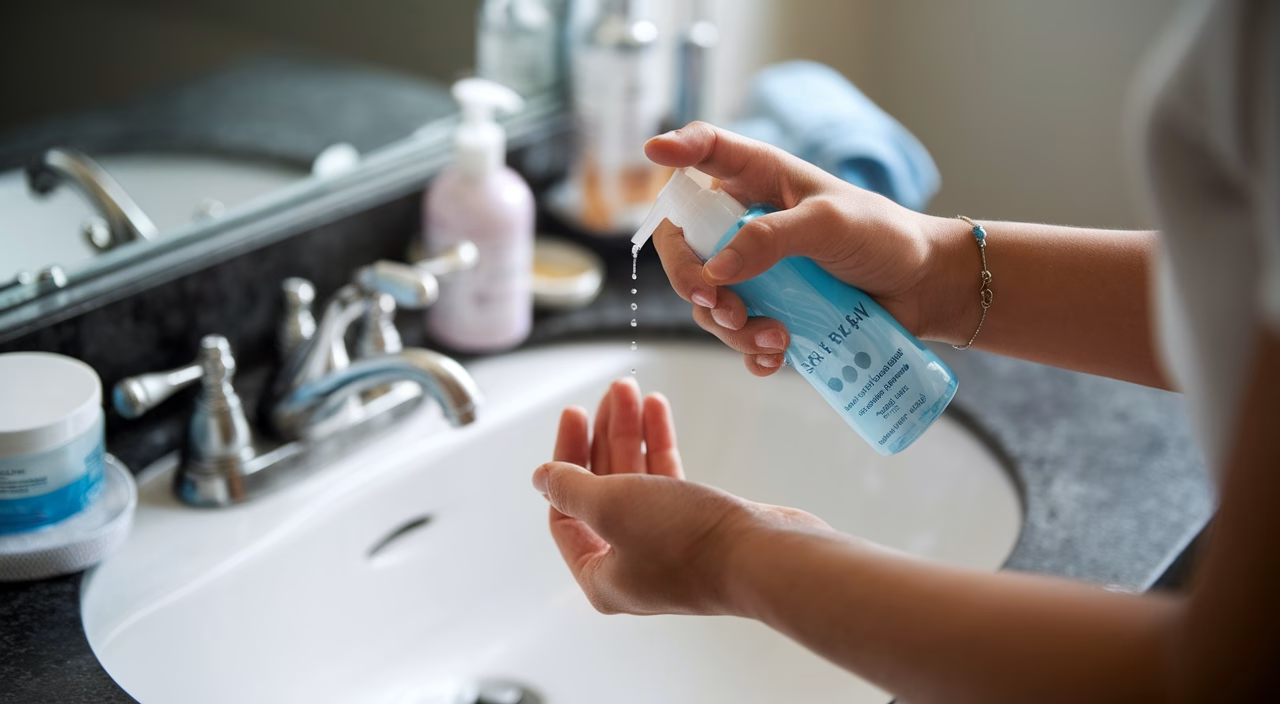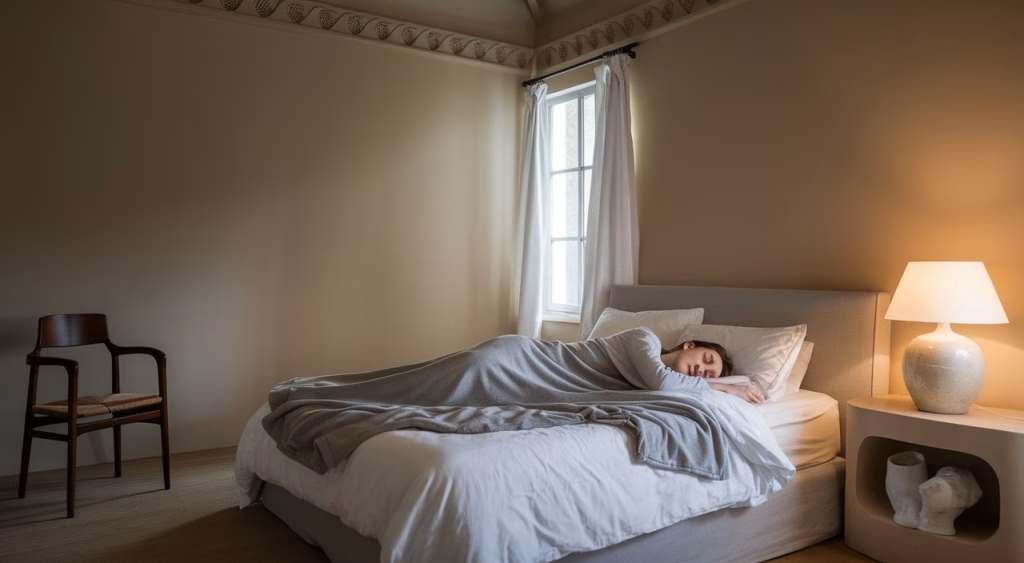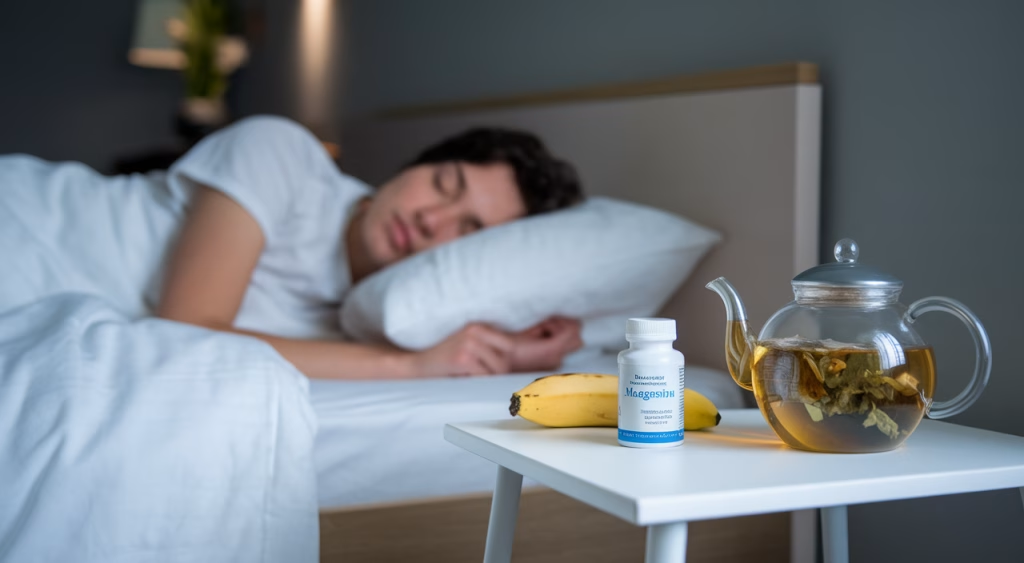How can I stop snoring naturally and sleep peacefully again?
If you’re tired of being poked awake by your partner or waking up groggy from your own snoring, you’re probably searching for simple but effective ways to stop snoring naturally. Fortunately, there are proven snoring remedies that don’t require expensive gadgets or medication—and these natural snoring solutions start right at home.
TL;DR: Summary of 7 Natural Ways to Stop Snoring
- Change your sleep position: Avoid sleeping flat on your back to minimize airway obstruction.
- Lose excess weight: Reduces fatty tissue in the throat that collapses your airway.
- Limit alcohol before bed: Alcohol relaxes throat muscles and worsens snoring.
- Improve sleep hygiene: Regular, sufficient sleep keeps body rhythms in check.
- Rinse nasal passages: Helps you breathe through your nose, not your mouth.
- Keep air humid: Dry air irritates your respiratory system and triggers snoring.
- Try throat exercises: These strengthen muscles and reduce collapse during sleep.
Introduction: Understanding the Impact of Snoring
Snoring might seem harmless—or even humorous—until it’s robbing you or your partner of sleep every night. What’s happening when you snore? Essentially, your airway becomes partially blocked, and the surrounding tissues vibrate as you breathe in and out. That vibration creates the all-too-familiar rattling sound we call snoring.
As an ENT specialist, I’ve seen firsthand how disruptive snoring can be—not just for sleep quality, but for relationships and long-term health. Chronic snoring can signal underlying issues like sleep apnea or obesity and is more than just a bedroom nuisance. The good news? Many people can stop snoring naturally with consistent, simple lifestyle changes and proven snoring solutions.
Section 1: Change Your Sleep Position to Reduce Snoring
The Power of Side Sleeping
Have you ever noticed how snoring seems worse when you’re lying flat on your back? That’s not just in your head. Back sleeping allows the tongue to collapse backward into the throat, narrowing the airway and triggering snoring. Simply switching to your side often opens the throat, reducing vibration—making this one of the most effective anti-snoring tips.
Pro Tip: Use a body pillow to support your side and prevent rolling onto your back unconsciously during the night. Or try what I recommend to patients with mild snoring—sewing a tennis ball into the back of a pajama top as a physical reminder. This simple sleep position adjustment is one of the best natural snoring remedies you can implement tonight.
Section 2: Shedding Pounds: Weight Loss for Snore Relief
How Extra Weight Leads to Snoring
Weight gain, particularly around the neck, adds pressure to your airway and can narrow the breathing passages—especially when you lie down. This explains why snoring often worsens with age or after gaining weight, making snoring treatment more necessary.
Losing as little as 5–10% of your body weight can significantly impact snoring frequency and severity. One patient of mine shed 20 pounds and noticed a dramatic drop in his nightly rumbles, even before trying any other snoring remedies! This natural approach to how to stop snoring works by reducing the fatty tissue that contributes to airway obstruction.
Section 3: Alcohol Abstinence: The Link Between Alcohol and Snoring
Why Even One Drink Can Trigger a Noisy Night
Alcohol is a muscle relaxant. While that might feel great when winding down, it relaxes the muscles in your throat too much—especially during REM sleep. This causes the tissues around your upper airway to collapse more easily, worsening snoring. Even occasional drinkers can experience a grating increase in noise after a glass of wine or whiskey.
Try This: Avoid alcohol at least 3 hours before bedtime. You may notice a quieter, deeper sleep as a result. This simple change is one of the most effective anti-snoring tips that delivers immediate snore relief.
Section 4: Establishing Good Sleep Hygiene Habits
Why a Consistent Routine Matters
Sleep deprivation can contribute to snoring. When overtired, your throat muscles relax more deeply during sleep—and that sagging can encourage snoring, making effective snoring treatment even more important.
Establishing proper sleep hygiene (yes, it’s a real term!) means sticking to a consistent schedule, creating a dark and quiet environment, and winding down properly before bed. These foundational habits help your body cycle through the proper sleep stages and prevent the muscle fatigue that leads to snoring. Good sleep hygiene is essential for anyone learning how to stop snoring naturally.
Section 5: Opening Up Your Nasal Passages for Better Breathing
Breathe Better, Snore Less
For many people, snoring begins in the nose. Whether it’s seasonal allergies, a deviated septum, or just plain congestion, anything that makes nasal breathing harder raises your risk of mouth breathing—and mouth breathing is a known snore trigger that requires targeted snoring solutions.
Using a nasal rinse or a warm shower before bedtime can help open nasal passages. You can also incorporate a humidifier to prevent the airways from drying out overnight. The combination of moisture and dilation helps your nose do its job—without dragging your throat into the performance. These natural snoring remedies address the root cause of nasal congestion that leads to mouth breathing.
Cost Guide: Natural Snoring Remedies Price Estimates
| Method | Low-End | Mid-Range | High-End |
|---|---|---|---|
| Body Pillow | $20 | $50 | $100+ |
| Humidifier | $25 | $75 | $150 |
| Nasal Rinse Kit | $10 | $30 | $50 |
| Throat Exercises (Free Apps/Guides) | Free | — | — |
| Sleep Therapy Consultation | $100 | $200 | $400+ |
Conclusion: Say Goodbye to Snoring with These Natural Remedies
Snoring might feel like one of those inevitable nuisances of adulthood, but it doesn’t have to be your normal. From changing how you sleep to managing allergies or losing extra weight, these simple changes are both natural and effective snoring solutions. As a sleep specialist, I’ve helped countless people snore less, sleep better, and even save their relationships—without medication or surgery.
Remember: consistency is everything when it comes to natural snoring remedies. Choose a few anti-snoring tips that resonate with your lifestyle and commit to them nightly. You’ll be surprised how quickly your bed—and your body—quiet down when you take sleep support seriously and implement these proven methods for how to stop snoring naturally.
Frequently Asked Questions
How can I permanently stop snoring naturally?
Permanently stopping snoring requires long-term lifestyle adjustment: consistent side sleeping, maintaining healthy weight, nasal rinsing, and avoiding substances like alcohol before bed. The results often appear gradually but can be permanent with continued practice.
Can breathing exercises help reduce snoring?
Yes! Throat exercises such as humming, chanting vowels, or gently pressing the tongue to the palate daily have shown to tone muscles and reduce airway collapse.
Are there foods that trigger snoring?
Heavy meals, dairy, and alcohol before bed can increase snoring. They relax the esophageal and pharyngeal muscles, or cause excess mucus production.
Will losing weight stop my snoring completely?
If your snoring is weight-related, shedding pounds can significantly reduce or eliminate it. However, other factors like nasal obstruction or sleep apnea may still need attention.
Can allergies cause snoring?
Absolutely. Allergies cause congestion and inflammation that block nasal passages, increasing your chances of snoring at night.
Is mouth breathing connected to snoring?
Yes, very much so. Mouth breathing forces open the airway wider, often collapsing tissues around the throat and leading to increased vibration/sound.
What are safe, non-invasive snoring treatments?
Non-invasive options include posture correction, throat exercises, humidifiers, saline rinses, and improved sleep hygiene. All are safe and effective when followed regularly.





